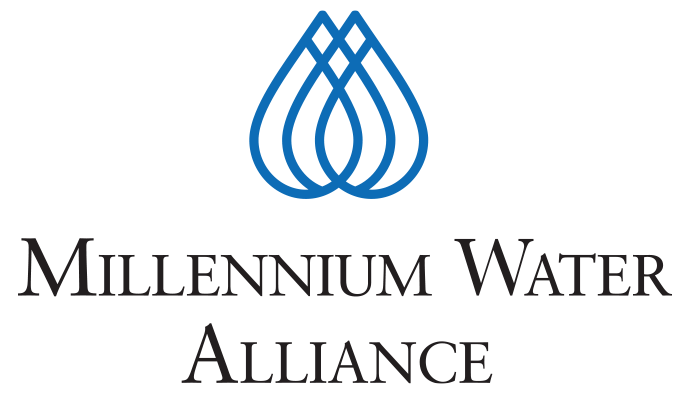The integration of carbon finance within Water, Sanitation, and Hygiene (WASH) projects opens a novel pathway to supporting sustainable access to safe water for vulnerable populations worldwide. The Millennium Water Alliance (MWA), backed by the generous support of the Conrad N. Hilton Foundation, has conducted an extensive study exploring the potential of carbon credits to enhance WASH programs. This study, focusing on Ethiopia’s Amhara region, aims to illuminate the feasibility, challenges, and impact of utilizing carbon credit revenue to sustain safe water initiatives, impacting over 400,000 households.
Key highlights of the study include:
- Comprehensive Analysis: Examination of various carbon registries and methodologies related to safe water access, solarization of water systems, and integrated water resource management, assessing their implications across technical, economic, social, and environmental dimensions.
- Insightful Tools: Development of a financial model and decision tool to aid WASH sector actors in evaluating the potential benefits and risks associated with carbon finance, facilitating informed decision-making for future projects.
- Practical Guidance: The study provides actionable recommendations for practitioners, policymakers, donors, investors, and researchers interested in pursuing carbon finance as a viable source of revenue and impact for their WASH interventions.
With the publication already released and the webinar successfully conducted, these resources offer valuable insights and lessons learned from the MWA and NatureCo’s collaborative effort. This pivotal work stands as a testament to the potential of carbon finance in driving progress toward universal access to safe water.
For those interested in exploring the findings and recommendations in depth, the learning document is now available, presenting a significant opportunity to understand how carbon finance can contribute to the global WASH agenda. Supported by the vision and commitment of the Conrad N. Hilton Foundation, this initiative highlights a forward-thinking approach to achieving sustainable water solutions for all.
